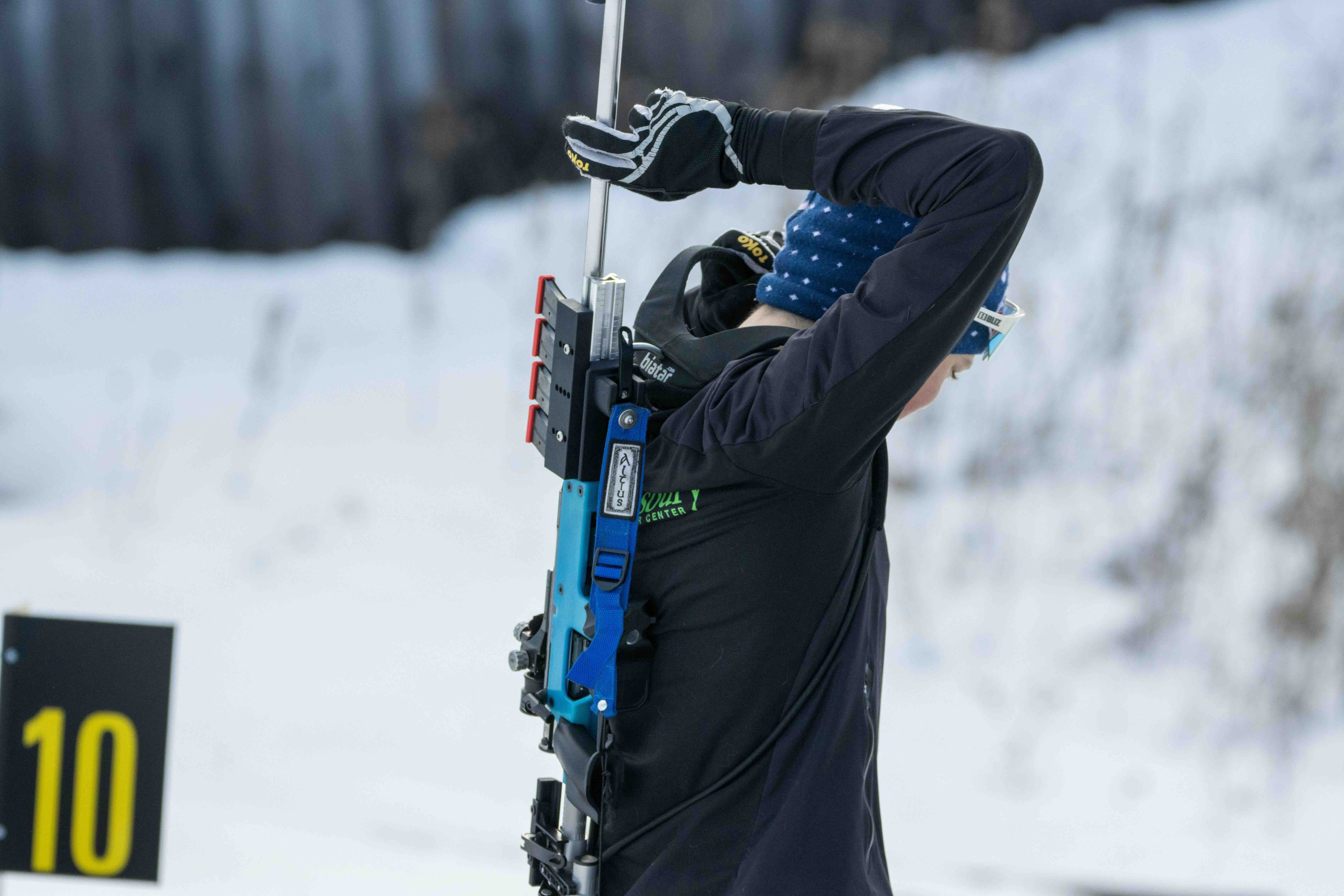
#WeRideTogether continuously speaks with survivors in the athletic space. Through listening, we learn from survivors’ experiences to develop content and material to address that which is most needed. In doing so, we have identified prevalent patterns across individuals' journeys in dealing with sexual abuse and misconduct. This has allowed us to understand existing gaps in services and create opportunities to support athletes at every level of the healing journey.
One particular trend that we have noticed is that support services are not adequately helping survivors in the moments when they often feel most alone, confused, and overwhelmed immediately post-assault. At such a time, calling a helpline, disclosing and reporting, or sharing your experience even with a trusted friend or family member can be overwhelming.
You just went through hell. You're in shock. Maybe you're confused or don’t even know what happened or how it happened. You may be frozen, or in fight, flight, or fawn mode. You don’t know what to do next.
All you know is that something happened.
Everyone’s reactions and responses to a traumatic event in the short term and long term are unique. There is no “right” or “wrong” or “normal” process. And while #WeRideTogether encourages survivors to access supportive resources, we understand the complex reality of trauma.
This post intends to reach those who aren’t ready to make the call, who are still trying to wrap their heads around what happened, and who are trying to get a grip in a state of utter shock and confusion. Our goal is to provide light to those survivors in their darkest hours. To reach them at 2 am when they can’t sleep and are scrolling through Instagram reels on their phone. To give them a glimmer of understanding, of validation, of insight. To remind them that they are not alone and that it wasn’t their fault.
Sometimes, those initial hours and days post-assault can be the most harrowing, in which self-preservation modes are on overdrive, and you feel in a world of your own. Learning about patterns that others have exhibited when facing similar situations can be helpful during this time. Doing so can help validate what you are going through, help you identify feelings and an action plan, and, above all, create connection and community when everything has just been shattered. Even for a moment, your nervous system can be a tad calmer, finding recognition outside of yourself.
From our experience and expertise working in this space, here are some things we repeatedly hear and notice from athlete survivors:
- You may want to shower countless times after an incident to feel clean, or you may experience disassociation and feel disconnected from your body
- You may want to keep the abuse you experienced a secret under the notion that you are keeping someone else from being victimized
- You fear backlash, retaliation, or even splits in your friendships or team if you disclose what happened
- You have trouble separating what happened to you from who you are
- You do not see a world outside of your sport and your circumstances
- You are overwhelmed by and fear the reporting and disclosure processes
- Your relationship with intimacy and sexual behaviors changes
- You experience a lack of trust in everyone
- You aim to find control over your body and life by engaging in disordered eating
- You aim to find relief and escape by engaging in substance use
- You experience a myriad of complex and complicated emotions, including fear, grief, shame, guilt, and love
- You have anxiety with things you didn't have anxiety with before
- You may experience depression, physical pain, and/or panic attacks
- You may have suicidal ideation or engage in self-harming behaviors
- You experience personality changes, such as being more or less talkative
- You may be very tearful or not be able to cry at all
- Your mind may run a mile or a minute, or you may not be able to focus or hold onto a thought at all
- You may feel sick to your stomach, have a racing heart, have headaches, or be clammy or sweaty
- You may be trying to find Plan B or medical services
- You may have feelings for the perpetrator
- You may be trying to make sense of everything in conjunction with your faith, religion, or spirituality
- You may have reluctance to share what happened with loved ones or family because you do not want others to experience pain regarding what you went through, and do not want to deal with their reaction
- You may have nightmares, and/or trouble falling and staying asleep
Again, it is important to remember that there is no right or wrong way to feel after experiencing sexual assault. Everyone’s situation is different, and we all have our natural ways of responding to traumatic events. What does matter is honoring where you are and meeting yourself there.
Sometimes when we experience trauma it can be hard to identify what we are feeling. Did some of the bullets above provide language for how you feel? It can be helpful to read or listen about the topic and others' experiences online or on social media to gain awareness and vernacular that matches what we may be going through. This approach also helps reduce feelings of isolation by providing a proxy to something outside ourselves.
In these moments, via connecting with a point in a post or seeing ourselves in someone else’s experience, a sliver of light can come through. Then, maybe our darkest moments become even a fraction of a bit lighter. Even in the times when we feel most by ourselves, scared, and unreachable, we can validate and support one another. This is because, even though we were hurt by someone else, we heal through relationships, we heal through community, and we heal together.
We hear you. We see you. You are not alone.
To continue reading on similar topics, please visit our blog. To access additional support, please visit our crisis resources.
Kathryn McClain, MSW, MBA
Program and Partnerships Director at #WeRideTogether



.png)
